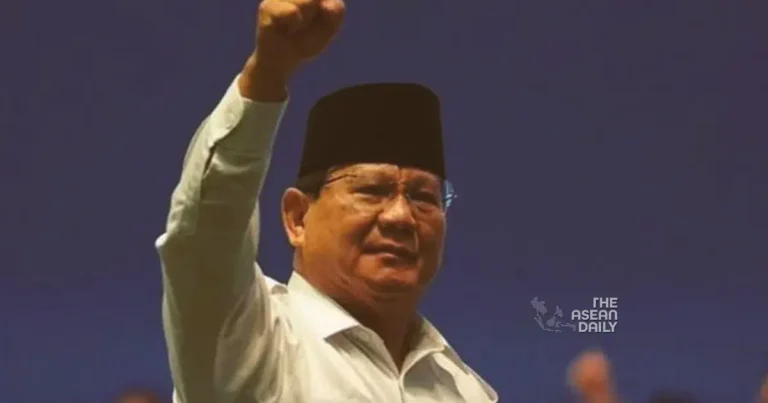29-3-2024 (JAKARTA) Tensions escalated in Indonesia’s political arena as the legal team representing president-elect Prabowo Subianto vehemently defended the integrity of last month’s elections before the Constitutional Court on Thursday (March 28). The high-stakes hearing unfolded amidst accusations from rival candidates challenging Subianto’s resounding victory.
In a dramatic turn of events, Ganjar Pranowo and Anies Baswedan, the opposition candidates, lodged a formal complaint with the court on Wednesday, demanding a fresh round of voting and the disqualification of both Subianto and his running mate, Gibran Rakabuming Raka, who happens to be the son of outgoing President Joko Widodo.
However, Otto Hasibuan, a prominent lawyer on Subianto’s legal team, vehemently refuted these allegations, asserting that there had been no interference or violations by the president or state institutions that could have swayed the outcome of the closely contested February 14th election.
“These calls for re-election and disqualification have the potential to trigger a constitutional crisis,” Hasibuan warned the court, underscoring the gravity of the situation.
The controversy surrounding the election has been further fueled by allegations that President Widodo, popularly known as Jokowi, had favoured his erstwhile rival Subianto and his own son, Gibran, who were declared the winners by the national poll body just last week.
Adding to the intrigue, Gibran’s eligibility as a vice-presidential candidate was enabled by a last-minute ruling from the Constitutional Court, which was then led by Jokowi’s brother-in-law, Anwar Usman. Usman has since been barred from presiding over election disputes due to ethical violations found by a panel.
In a show of solidarity, more than 300 academics and activists submitted a legal opinion to the court on Thursday, arguing that Gibran’s candidacy for vice president was problematic. Subianto’s lawyers, however, maintained that Gibran’s candidacy was valid and did not constitute nepotism.
Dismissing the allegations of wrongdoing made by the losing candidates as mere “administrative complaints,” Subianto’s legal team contended that such matters should be handled by the country’s election watchdog rather than the court.
As Indonesia grapples with this electoral turmoil, challenges to election outcomes are not uncommon in the nation’s vibrant democracy. The Constitutional Court is expected to deliver its verdict on April 22, with the winner of the presidential election slated for inauguration in October.




